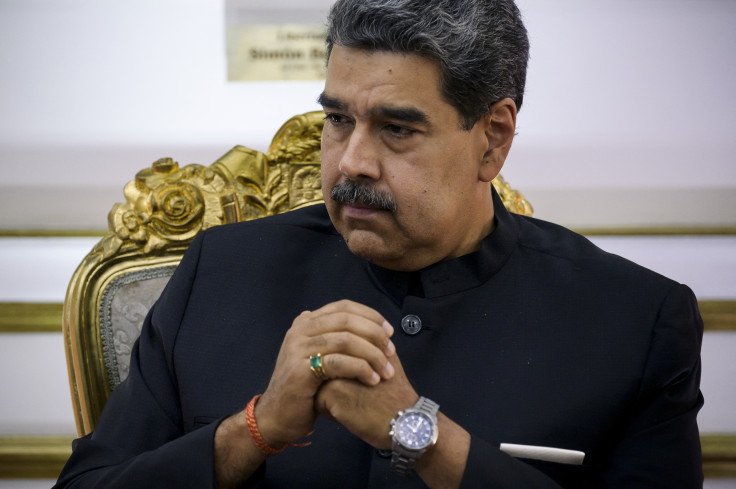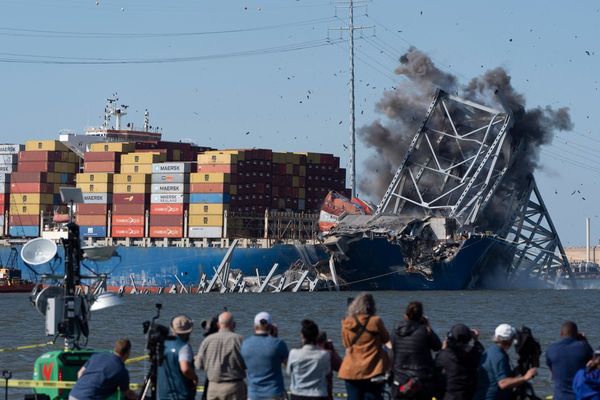
New York Times columnist Bret Stephens again made the case for the Trump administration to overthrow Venezuela's authoritarian President Nicolas Maduro, laying out six different reasons to support his case.
In a new column, Stephens argued there is a "vital American interest at stake," that Trump rejected a "quasi-colonialist" bargain to get a large chunk of Venezuela's mineral and energy wealth, and that there is a moral case for regime change. He also argued this case is different than Iraq or Libya's to minimize the chances of an operation turning into "another fiasco," and that the risk of inaction is larger than moving forward.
Stephens noted that even though the regime is involved in drug-trafficking, the larger challenge posed by the regime is "that it is both an importer and exporter of instability."
"An importer, because the regime's close economic and strategic ties to China, Russia and Iran give America's enemies a significant foothold in the Americas," and "exporter, because the regime's catastrophic misgovernance has generated a mass exodus of refugees and migrants" with "ruinous results throughout the hemisphere," Stephens noted, claiming that "both trends will continue for as long as the regime remains in power."
Stephens went on to say economic sanctions have not worked, leaving "two plausible alternatives." The first one was access to the country's resources, rejected by Trump, the other one being a "show of force to persuade Maduro and his senior official to flee the country, much as Syria's Bashar al-Assad and his cronies did." Stephens claimed to be surprised that the scenario had not materialized, at least yet.
Elsewhere in the column, Stephens said there is a moral case for regime change, saying any "morally serious person should want this to end," but the "serious question is whether American intervention would make things even worse."
Considering this, Stephens said Maduro's armed forces could pose a challenge to American counterparts, either by putting up a "serious fight" or retreating to the "hinterland and starting an insurgency."
He added that there are differences with cases like Iraq and Libya, including "a democratically elected leader, Edmundo González, who could govern with immediate legitimacy and broad public support," as well as Trump's reluctance to put U.S. boots on the ground for an extended period.
Adding that there is a greater risk in inaction than action, Stephens claimed that "Maduro should be given a final chance to board a flight with whomever and whatever he can take with him and leave unharmed and unpursued."
Should that not be the case, the columnist argued for a "Noriega treatment": "capture and transfer to the U.S. to face charges, accompanied by the destruction of Venezuela's air defenses and command-and-control capabilities, the seizure of its major military bases and arrest warrants for all senior officers — with promises of leniency for those who turn themselves in."
© 2025 Latin Times. All rights reserved. Do not reproduce without permission.









